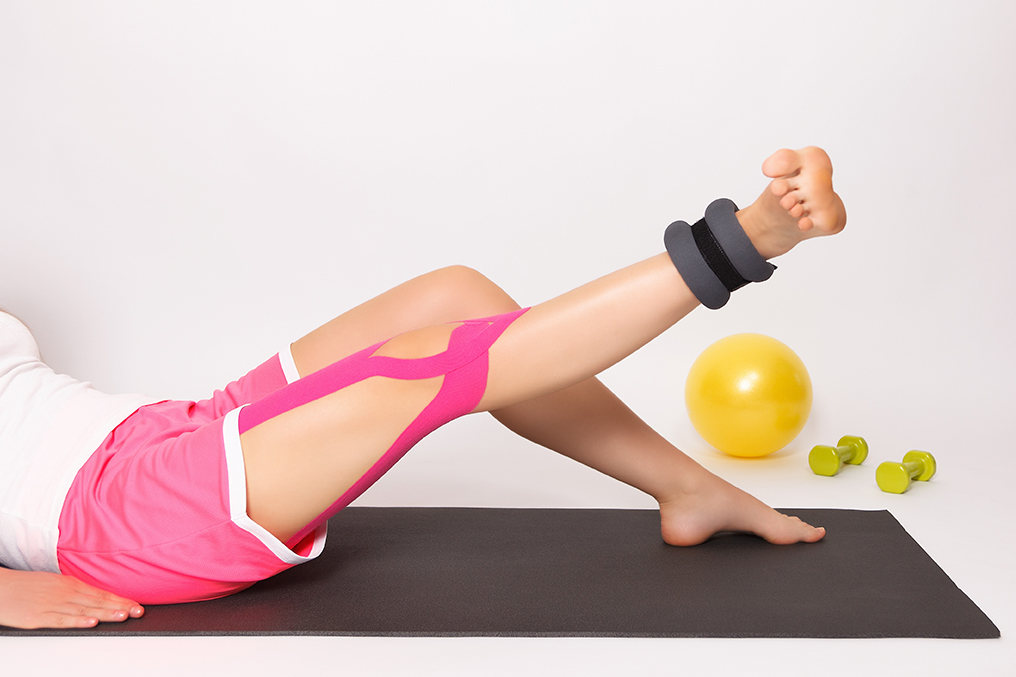Exercise progression
Exercise has long and rightly been hailed as the primary best medicine available in the world. It does not need to be prescribed but sometimes this helps. There are a couple of key mistakes we often see in the clinic leading to issues in relation to injury. First is the concept of introducing exercise very gradually. Many people will (forgive the pun) lunge into doing mass volumes of exercise from a position of doing very little if any exercise.

There are many challenges e.g. 100 miles in a month, 400 squats in a day, 100 chin ups in a day etc etc, which catch peoples eye and attention but ultimately unless you have a very strong exercise base, you should not be undertaking these. The key when starting out exercise is to achieve consistency of movement without setbacks. Thus setting realistic targets is vital and this can be done with simple principles,
- Rest days are important in any week.
- Variety of movement is important, placing all your eggs in the one basket in terms of exercise is not best practice.
- Move all body parts throughout the week i.e. upper body exercise with lower body exercise.
- On your feet begin with 3km distance as the maximum if you have not exercised at all in the past 5 years or more. Stay at this for a while and gradually move on.
- Running takes time to develop. Walk and jog strategy is best.
- Resistance type exercises should start with small numbers of repetitions and light weight, always progress with repetitions first and then increase weight to drop down your repetitions again.
- Have recovery strategies e.g. mobility or stretching exercises that you can do 2-3 times a week.
Other things that are important to consider are good quality footwear which are well laced up using all the lace rungs available. Eat and hydrate yourself well around your exercise. Sleep well as sleep is the greatest tool to aid the body’s ability to recover and perform repeatedly. Sleep should be of the order of 7-8 hours per night, with the quietest and darkest time the best to sleep. Darkness and quietness occur best in Ireland between the hours of 10pm to 7am. Before or after this timeframe, birds start to chirp, cars start to drive, and phones start to beep, buzz, ring, etc etc.